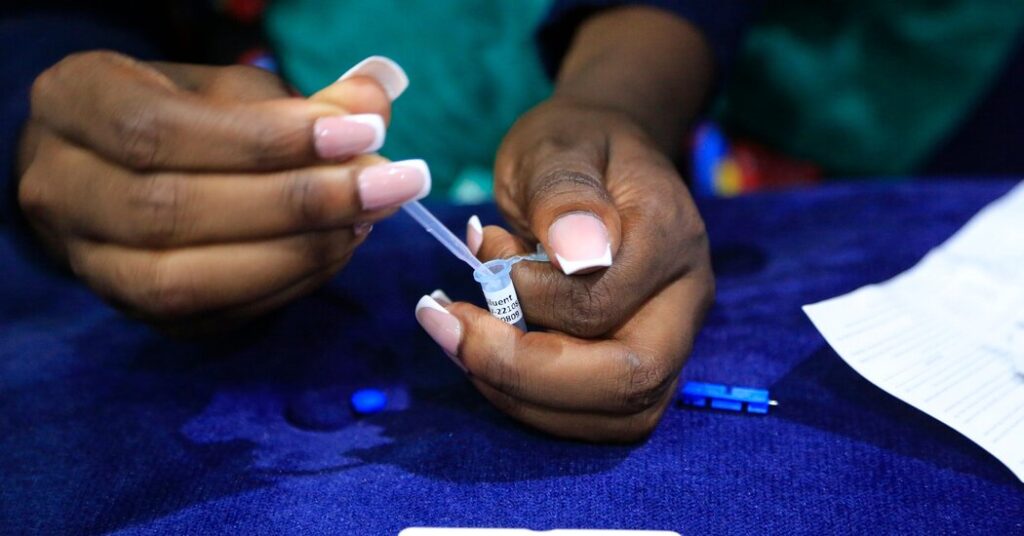It can take generic makers years to get ready to produce a drug, and they need to have a sense of the potential market in order to commit to investing in production. So, in the meantime, Gilead will aim to to ship “sufficient volumes” of lenacapavir to low-income countries as soon as it has regulatory approval, she said.
Lenacapavir and the two pills studied are all known as pre-exposure prophylaxis drugs, or PrEP. Another effective injectable PrEP drug is available in some African countries, but its rollout has been bedeviled by access questions. Long-acting cabotegravir, which is delivered as an injection every two months, also showed excellent results in clinical trials in Africa. It is made by ViiV Healthcare, which is majority owned by the pharmaceutical giant GSK; the company is charging $180 per patient per year for cabotegravir in developing countries, a price out of reach for most people and health systems in Africa.
South Africa’s current budget for oral PrEP is about $40 per patient per year.
Facing criticism by activists on pricing, ViiV granted a license to the Medicines Patent Pool, a United Nations-backed agency that tries to make medical technologies more accessible, and which subsequently contracted with three generic makers. But none is expected to have a product available before 2027.
“Gilead has to have an access plan that is bold — not countries weighting up who will get it because they can’t afford to give it to everyone — or else this amazing clinical trial will not translate into any impact on H.I.V.,” said Carmen Peréz Casas, who works on access to technologies to fight the virus at the global health initiative Unitaid.
The Purpose 1 trial is unusual for the young age of the participants, who were between 16 and 25, and for the fact that it enrolled pregnant and lactating women and kept women in the trial if they got pregnant. While pharmaceutical companies have historically been reluctant to test drugs in those groups, Ms. Mworeko said community participants were adamant that this trial must include those most at risk of new infection — that is, sexually active late-adolescent girls.
Lenacapavir is also the first H.I.V. prevention drug for which trial results have become available for women before men; most are tested in gay men in industrialized countries before trials reach African women, long the most vulnerable population.


